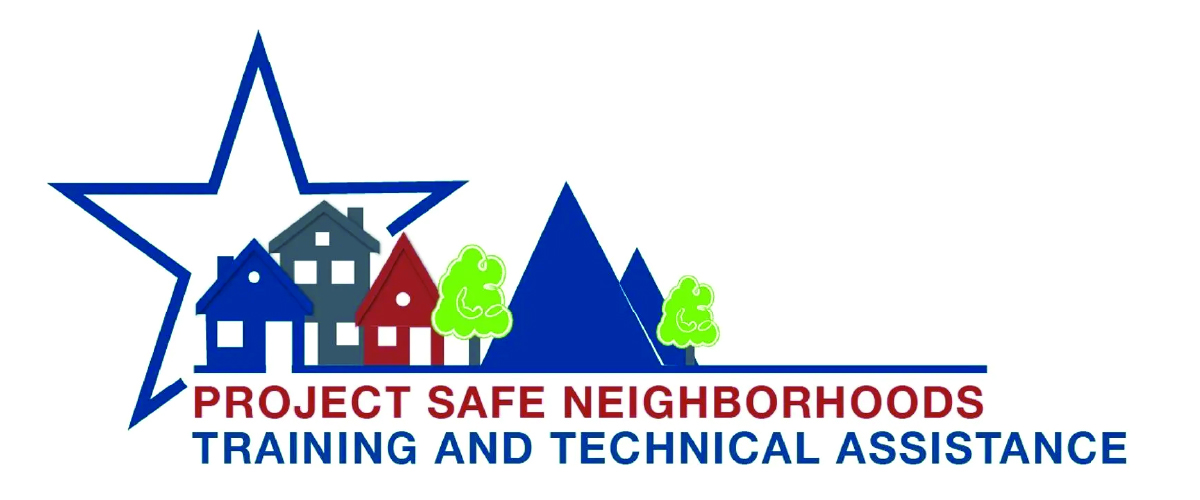This training session will discuss the use and value of developing a top offender list. It will also cover the logistical aspects of the process for selecting offenders, and how to maintain, validate, and sustain a list. Trainers will also share practical examples of how other departments have incorporated such lists into their crime control initiatives as well as suggestions on maintaining the target offender strategy once it is initiated.
Goal and Objectives:
- Establish a clear understanding of developing and maintaining offender lists.
- Understand key components and development considerations.
- Learn ways to use offender lists.
- Recognize the importance of collaboration with mutually agreed-upon roles and responsibilities.
- Understand the evaluation and sustainment offender lists.
Intended Audience:
This training can be delivered to up to 50 attendees from the following agencies:
- Local police department (leadership and operational staff)
- US Attorney’s Office
- Local prosecutor’s office
- Probation and parole offices
- Federal law enforcement partners
Length:
This training can range from a half-day to a full-day depending on the agency’s focus.
Agenda:
- What is offender targeting?
- Who is targeted?
- How are they targeted?
- Developing the list and selection criteria
- Process considerations for the selection process
- Maintaining the validity of the list
- Using the list
- Evaluating and sustaining offender lists
- Examples of agencies using offender lists
SMEs/Trainers:
Tom Woodmansee has 27 years of experience in law enforcement and criminal justice training, technical assistance, and research. He was a sworn police officer for the Madison, Wisconsin, Police Department (MPD), which is recognized as a national leader in community-oriented and problem-oriented policing. During his 25-year career at MPD, he was involved in training police officers for over 20 years at local, state, and national levels. His areas of expertise in training include police tactics, interview and interrogation, domestic abuse investigations, violent crime investigations, hostage negotiations, narcotics and gangs, police lineups, background investigations, search warrants, courtroom testifying, and community policing.
Scott H. Decker is a Foundation Professor of criminology and criminal justice at Arizona State University (ASU). The American Society of Criminology awarded Dr. Decker the title of “Fellow” in 2012 for his scholarly contribution to the intellectual life of the discipline and his substantial role in the career development of other criminologists. Prior to becoming the inaugural director of the ASU School of Criminology and Criminal Justice (2006–2013), he was professor of criminology and criminal justice at University of Missouri-St. Louis, where he received the Chancellor’s Award for Excellence in Research in 1989, and in 2001 was named Curators’ Professor. He was named a Fellow of the Academy of Criminal Justice Sciences in 2007, and was the Hindelang Lecturer at the University at Albany in 2009. In March 2011, he won the Bruce Smith Award from the Academy of Criminal Justice Sciences. Dr. Decker is the author of 15 books, more than 150 articles and chapters, and more than 100 presentations in the US, Canada, Europe, and Central America. His research has been funded by the Harry Frank Guggenheim Foundation, the National Science Foundation, DOJ, the Department of Health and Human Services, and the National Institute on Drug Abuse.
